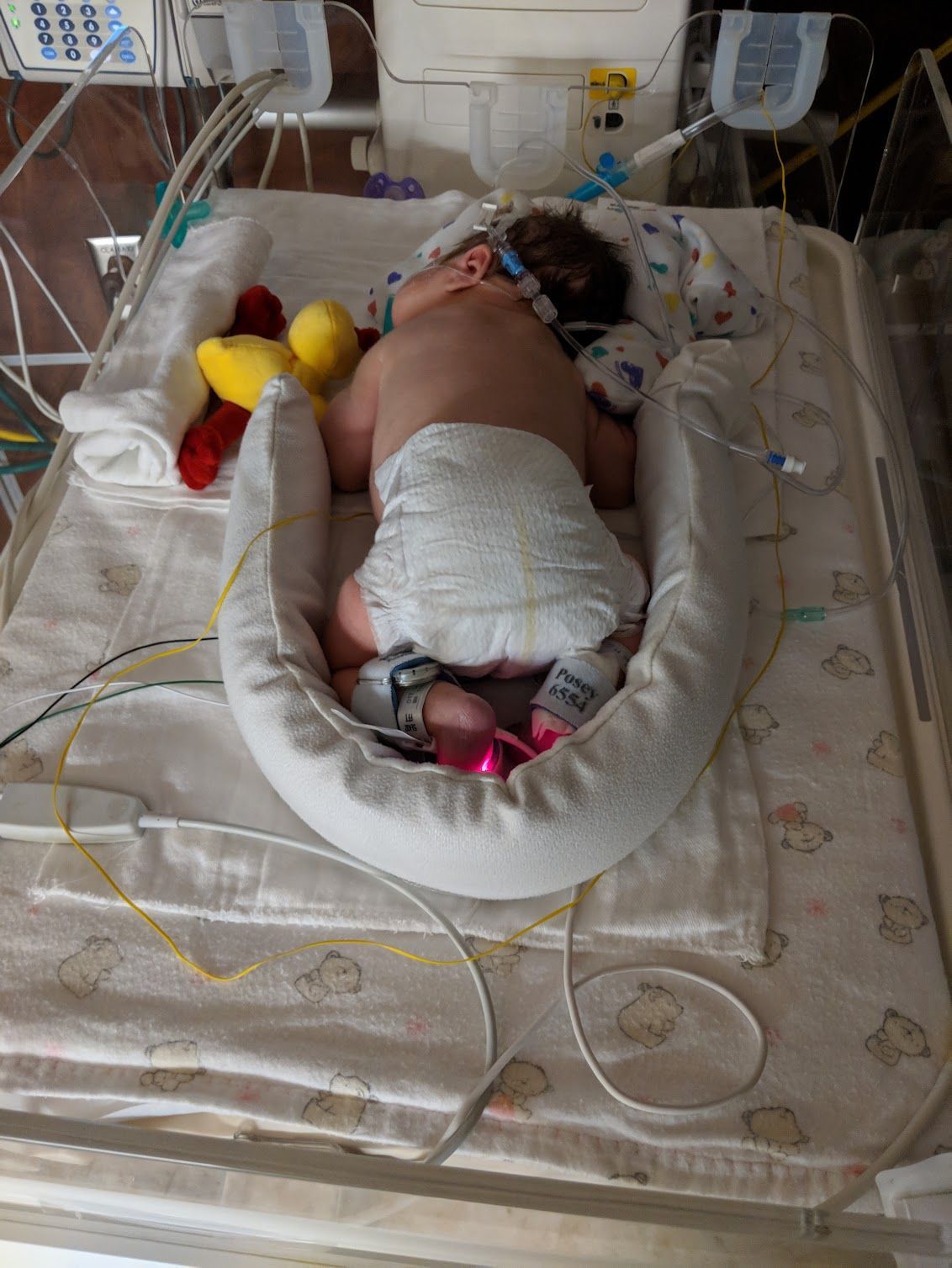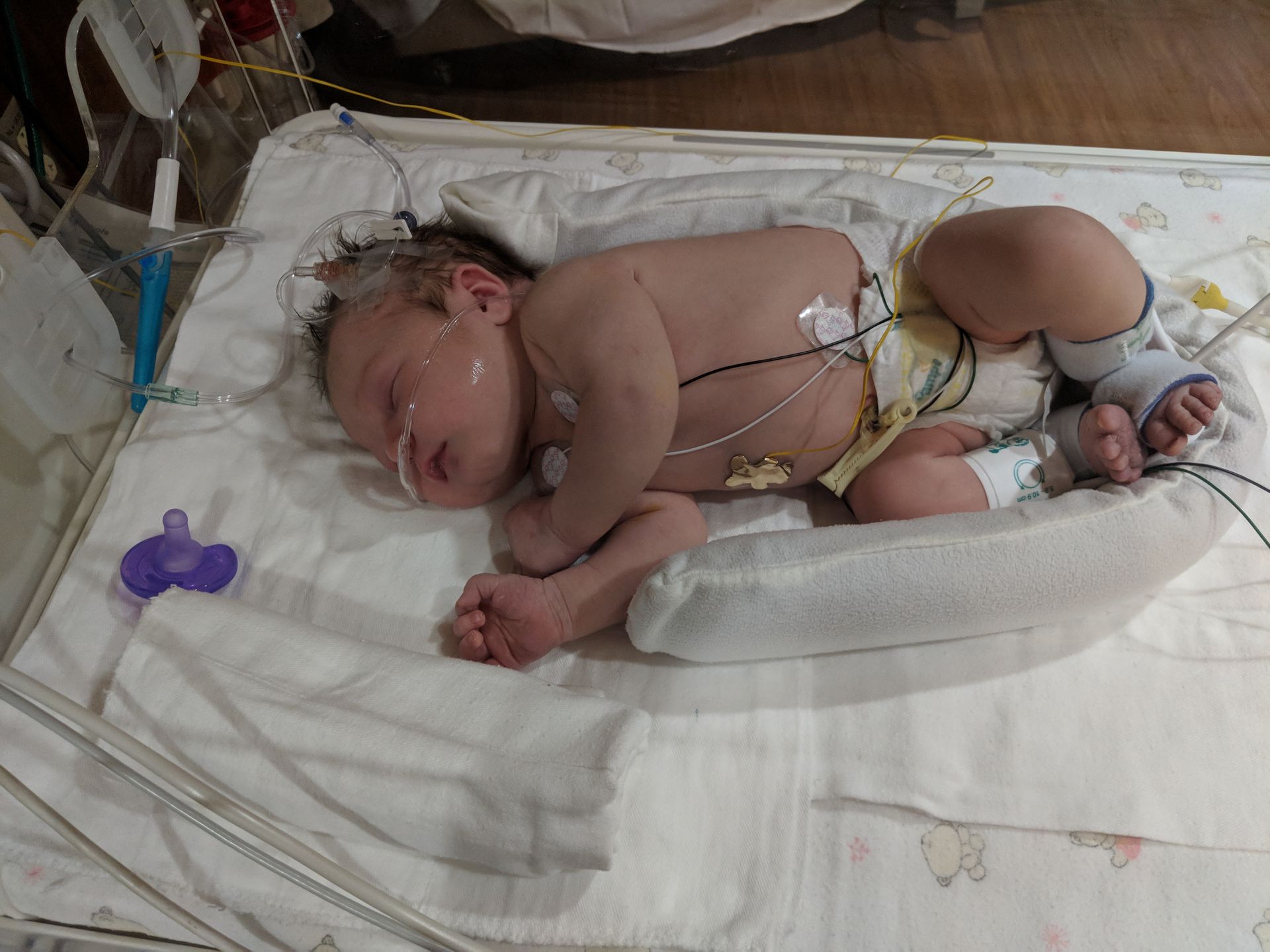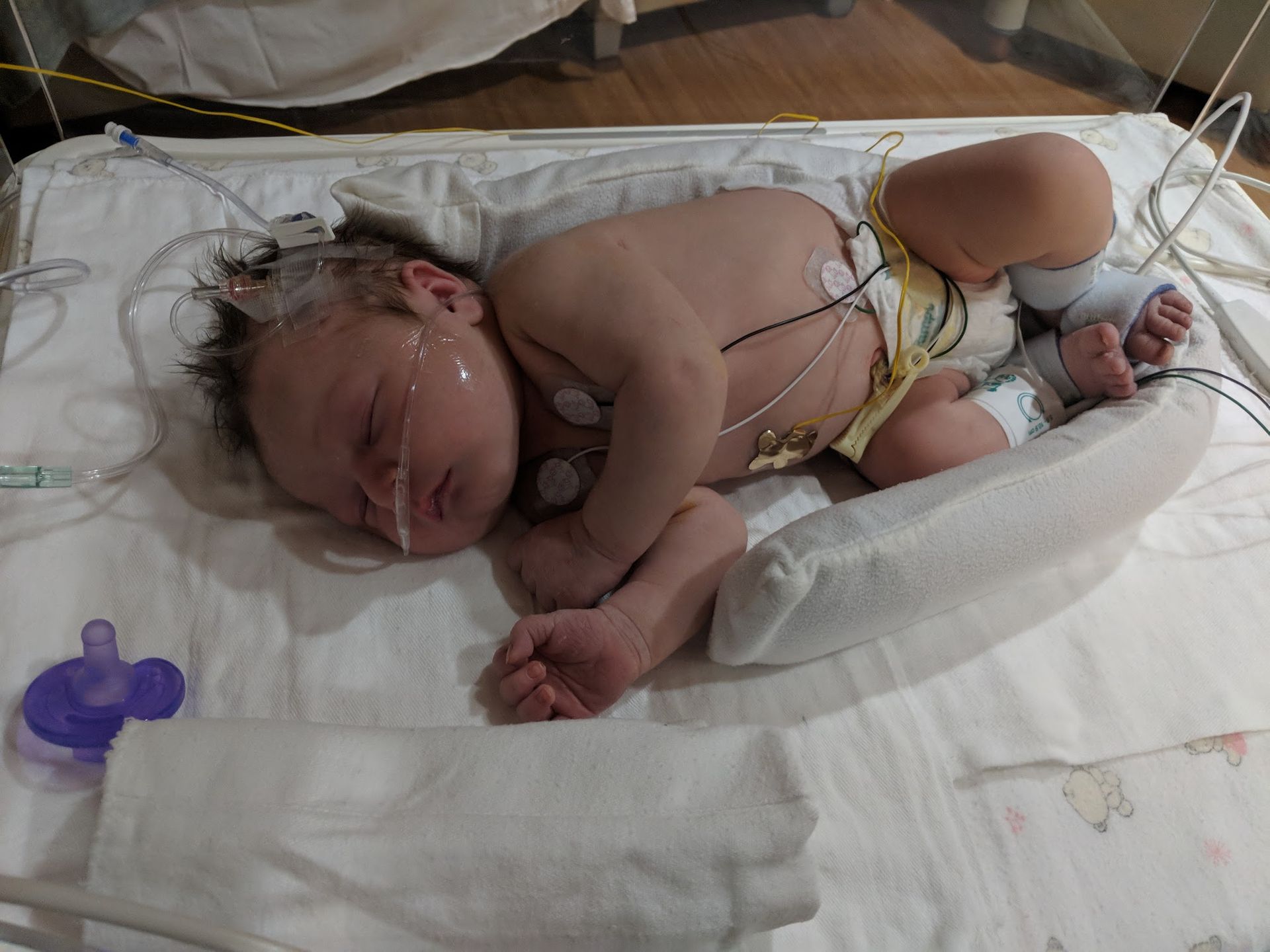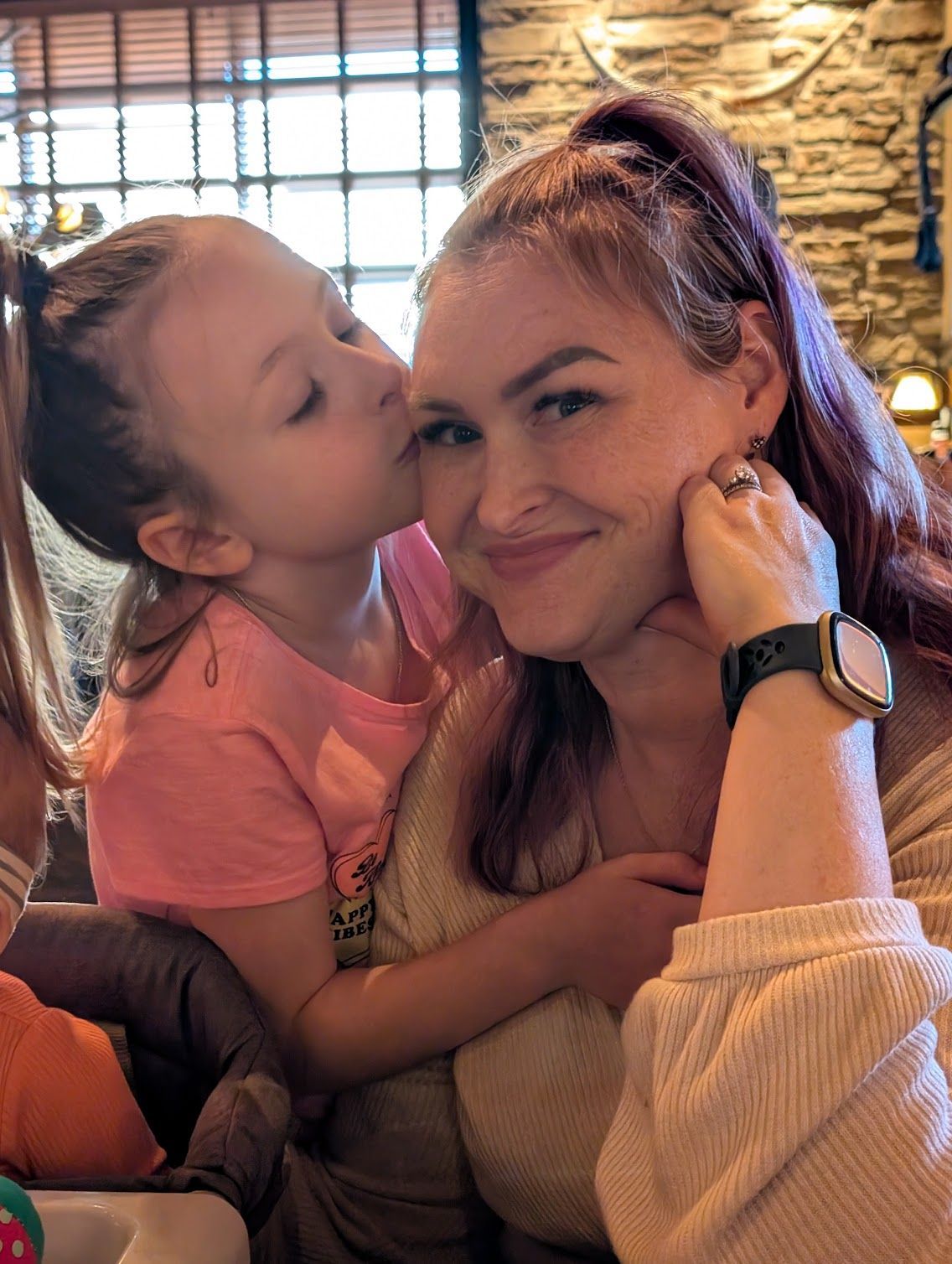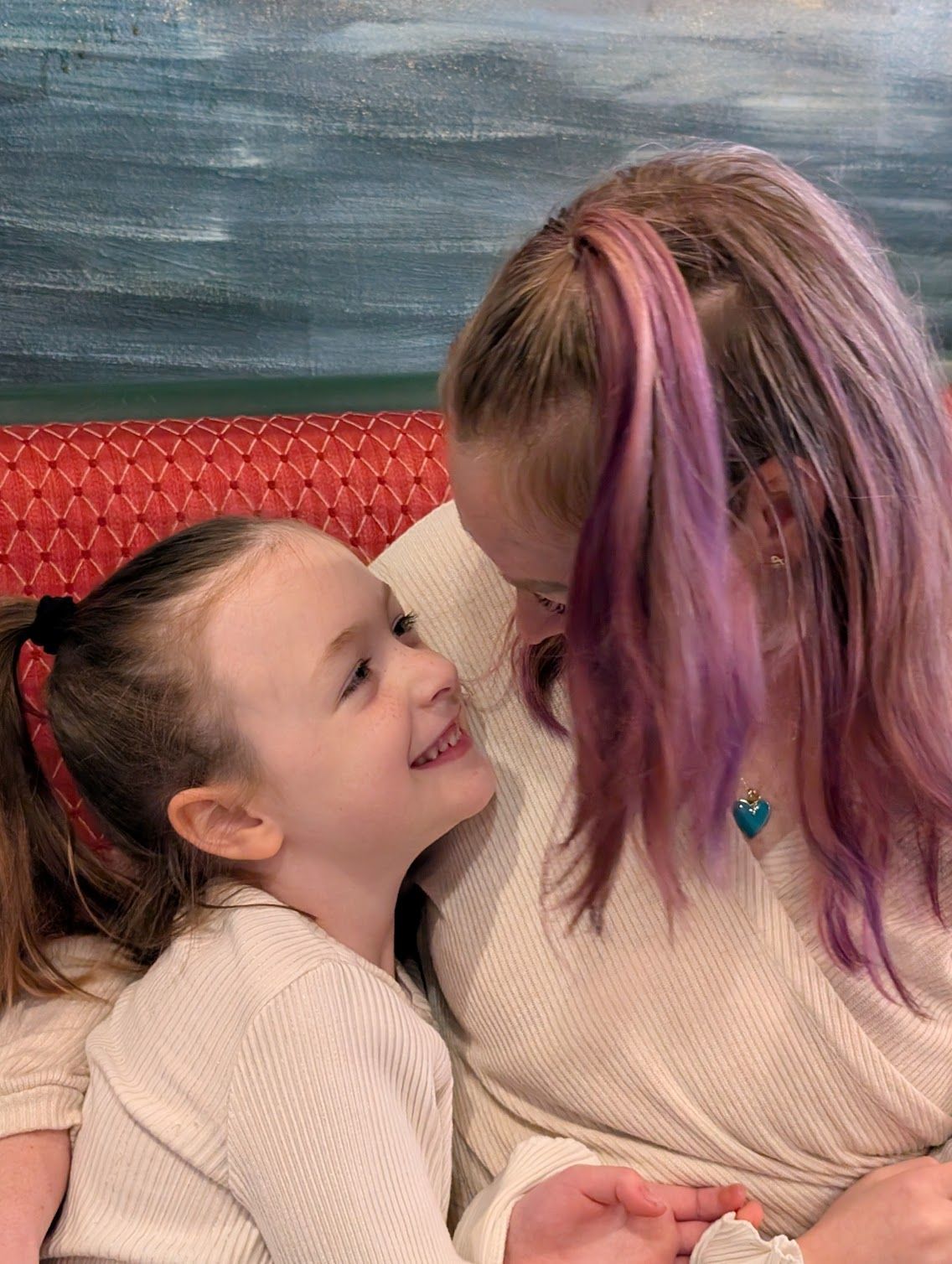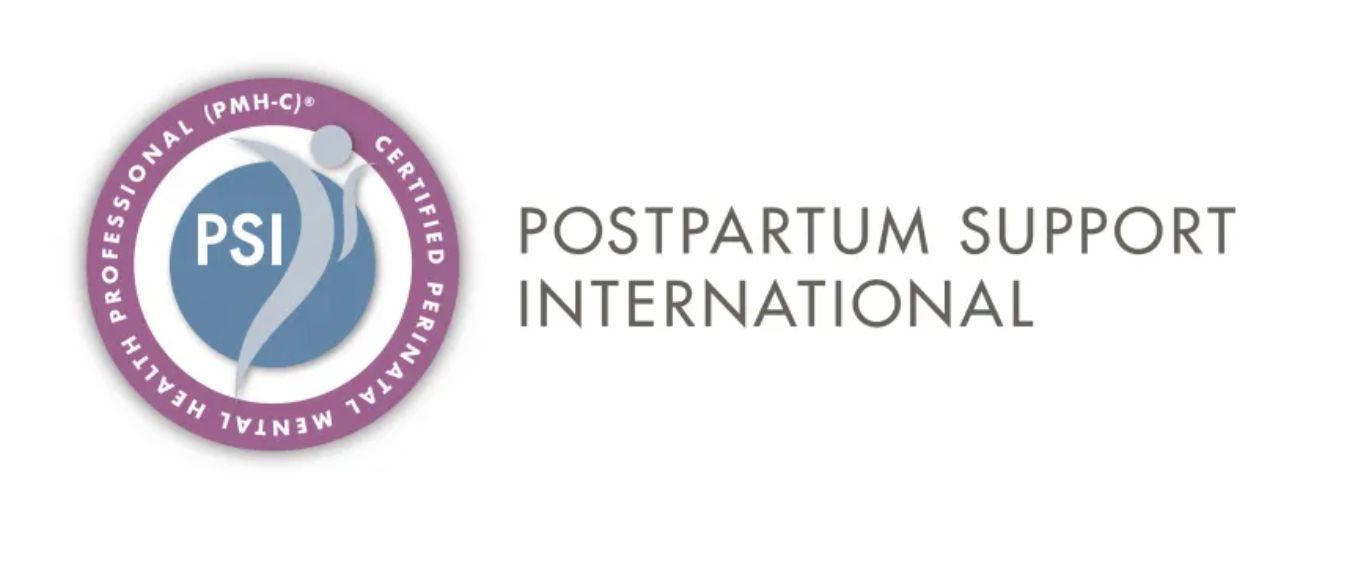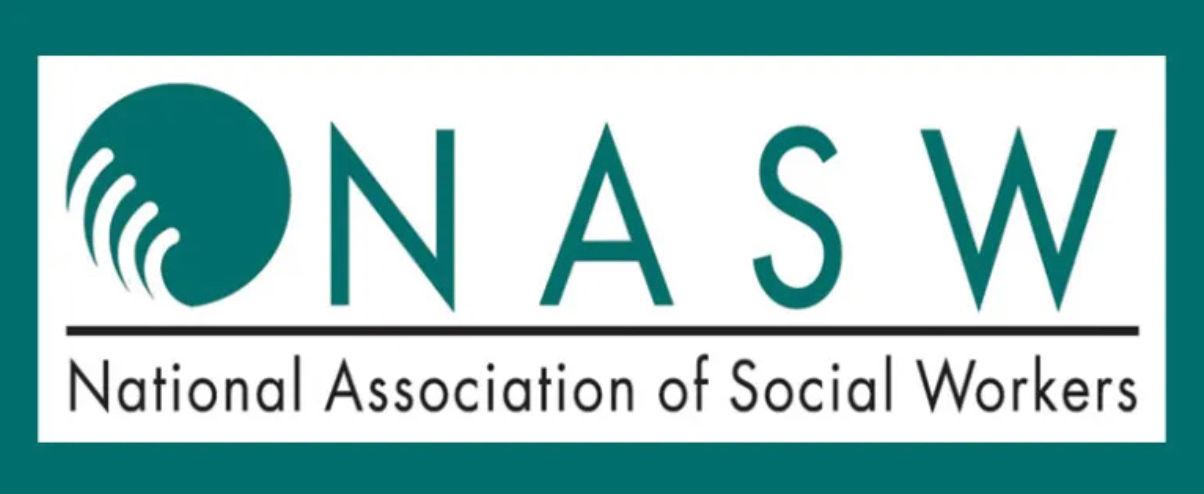Healing Trauma from Difficult Birth Experiences with the Help of Trauma Therapy
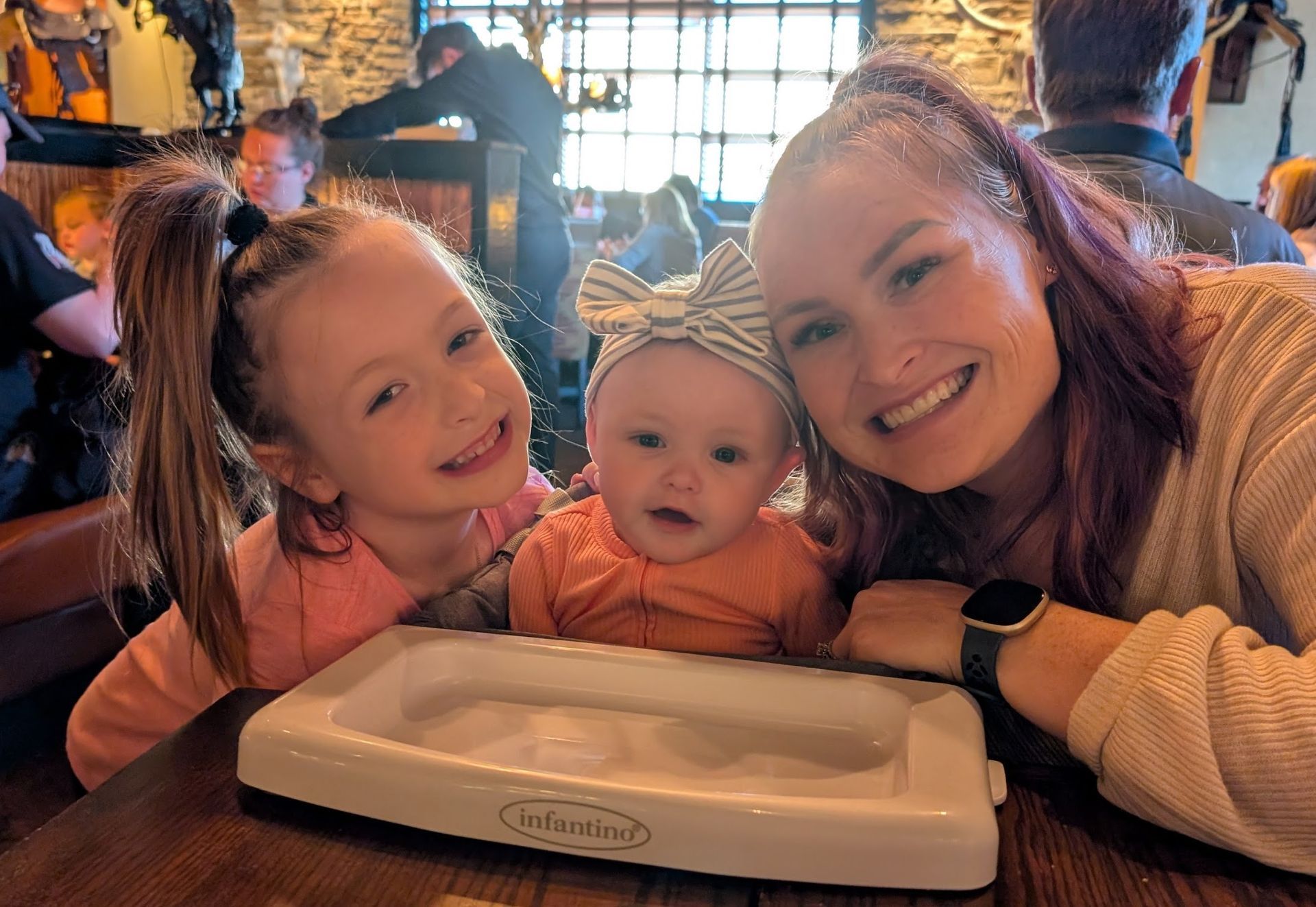
Am I the Only One?
Pictured: How it Started
Seven years ago, during my first pregnancy and birth, I found myself questioning everything—my instincts, my body, even my sense of reality. I had spent months enduring hyperemesis gravidarum, barely holding myself together, hoping that the suffering would all be worth it once my daughter was in my arms.
She survived. So did I. But what happened in the hours and weeks surrounding her birth left deep marks. It took time, therapy, and the healing that came from a very different second birth to get me to a place where I could write about this without shutting down.
Far From Natural
My labor began suddenly—my water broke, and meconium was present. She was full-term, 39 weeks, but the presence of meconium triggered concern. I tried to stay calm, convincing myself everything would be okay.
When my daughter was born, she made a soft humming noise with each breath. I mentioned it to the doctor, who smiled and said, “That’s cute.” It wasn’t. It was pneumonia—already progressing toward sepsis.
Still, I felt an initial wave of relief. The kind of exhausted, emotional release that comes after months of physical suffering. I believed the hardest part was over.
We were transferred to the mother-baby unit as though all was well. She was taken for what we were told was routine testing, and we waited for her to be brought back. But she didn’t return.
We kept asking when we’d get her back. Eventually, a nurse came in and casually said, “She’s in the NICU,” as if it was something we already knew. We didn’t. No one had told us. No one explained what was happening.
I sat in the postpartum room, dazed—my body in pain, still bleeding heavily, my baby missing, and no answers. I remember thinking: This is motherhood? Am I already failing?
Later we learned she had developed pneumonia and sepsis from meconium aspiration. At one week old, she required a spinal tap. She stayed in the NICU for weeks.
Postpartum PTSD Is Real
People around me focused on the relief—“She’s okay now.” “Everything turned out fine.” And I smiled along. But inside, I was unraveling.
I couldn’t stop scanning for danger. I had intrusive thoughts and a constant undercurrent of fear. I triple-checked everything—bottles, breathing, sleep positions—as if missing a detail might lead to disaster.
This wasn’t just anxiety. It was postpartum PTSD.
Studies show that 3–6% of mothers experience postpartum PTSD, with numbers significantly higher in those who face birth complications or NICU stays. But it’s often overlooked. People assume that if the baby is healthy, the trauma shouldn’t exist. But trauma and gratitude are not mutually exclusive.
Forgotten in the Middle of Crisis
Once my daughter was admitted to the NICU, my own care felt like an afterthought. I was in physical pain, still bleeding heavily, but not offered medication or checked on in meaningful ways. I was a new mother recovering from childbirth, trying to learn how to pump, navigate visitation rules, and comprehend medical updates—all while trying to stay upright.
At one point, a nurse asked if I wanted to change her diaper. I looked at my daughter—tiny, fragile, tangled in tubes—and said I was afraid. The nurse responded, “I’ll do it this time, but plan on figuring it out for the next change.”
It was one of many moments that left me feeling ashamed, inadequate, and utterly alone.
I also remember the comments meant to comfort but that only deepened my isolation:
“Praise God she’s okay.”
“God has a plan.”
“When will you be home?”
“When can I see her?”
I know those words came from a well-meaning place, but they didn’t leave room for what I was feeling, physically or emotionally. They bypassed the pain.
The Second Time Was Different
Seven years later, I had another difficult pregnancy. But the birth experience? It couldn’t have been more different.
My second daughter was born silent and purple, coiled tightly in the umbilical cord. Her APGAR score at one minute was 2. It was terrifying. Time froze.
But this time, I didn’t feel alone.
My husband and I had spoken to the staff ahead of time. We told them about our previous experience—what had hurt, what we needed, what would help us feel safe. And they listened. They communicated clearly. They stayed present. And because of that, I felt supported even during one of the scariest moments of my life.
That birth was still intense—but not traumatic. Support made the difference.
What Helped Me Heal
Therapy gave me space to process what I had buried. Trauma-informed approaches like progressive counting, brainspotting, and ACT (Acceptance and Commitment Therapy) helped me find my footing again—emotionally, mentally, even physically.
I also gave myself permission to tell the truth of what I went through. To name it as trauma. And to stop comparing it to someone else’s story in order to justify my pain.
If You're Carrying Trauma, Too
If you’ve lived through birth trauma or NICU experiences, please know: you are not broken. You are not weak. And you are not alone.
You’re not overreacting. You’re a mother who went through something real. And healing doesn’t mean forgetting. It means learning how to carry your story with gentleness instead of shame.
You can be grateful and still grieve what you lost. You can love your child and still struggle with how they came into the world. Both can be true.
And if you’re here—reading this—you’re already doing the hard, brave work of healing. Keep going.
Pictured: How it's Going
